Book of Sept/Oct 2024
Bad Cree
Discussion Guide
Host: Ketty Nivyabandi
Topics covered:
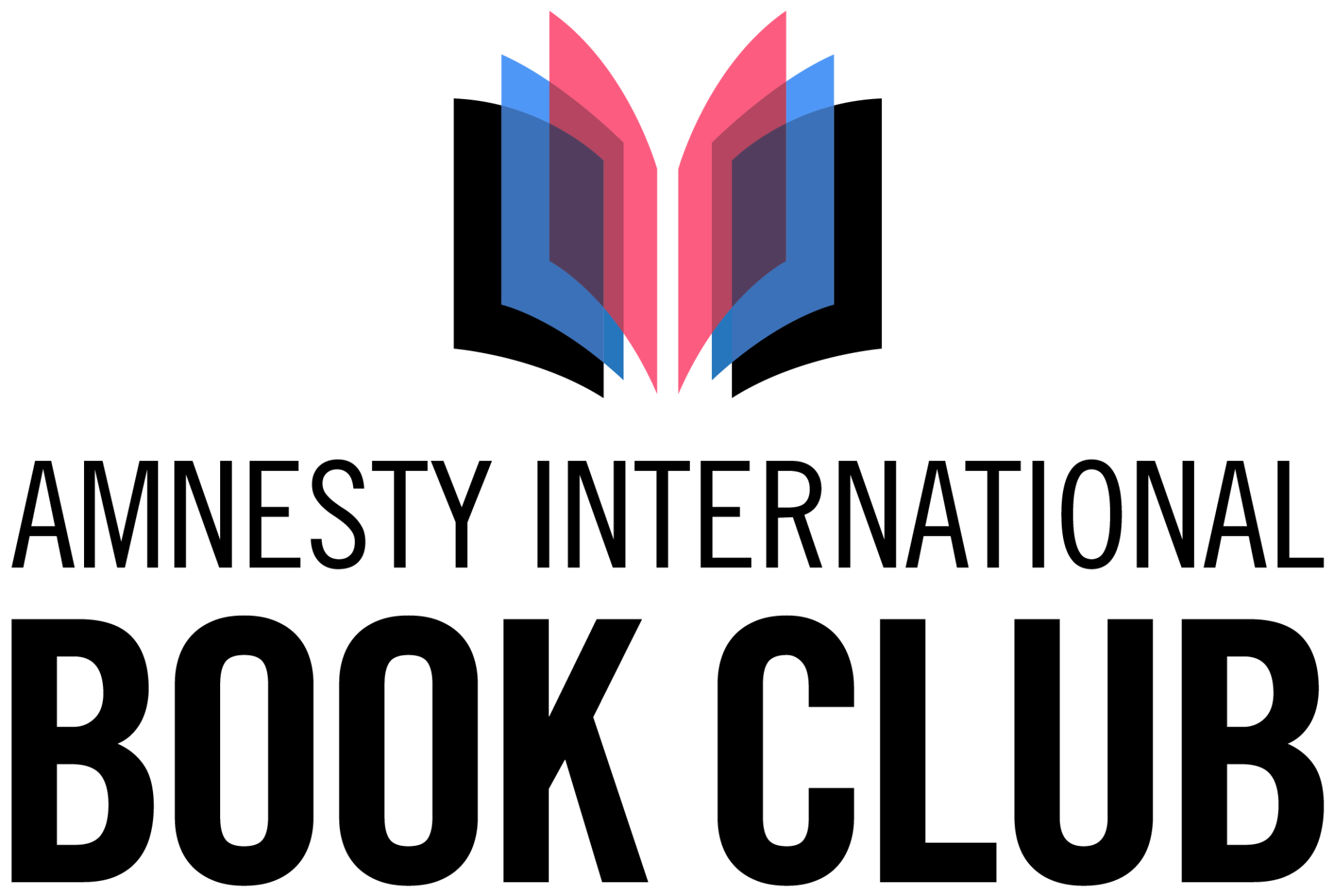
About the book
Bad Cree opens with a terrifying dream experienced by a young woman named Mackenzie, who lives in Vancouver, far away from her hometown in Alberta. Some years ago, Mackenzie lost her beloved sister Sabrina, but she did not return home for Sabrina’s funeral. Now, dreaming of a monstrously transformed Sabrina, Mackenzie awakes, clutching a bloody crow’s head she has somehow managed to bring out of the dream.
As the novel unfolds, Mackenzie is tormented by ongoing dreams of her dead sister’s spirit rising from the lake of her childhood, by vague memories of the surrounding forest where something bad happened to her sisters, and by her own guilty sense that she is a “bad Cree,” alienated from her family and her Indigenous identity. Frightened by the collapsing boundaries between her dreams and her waking life and the crows that continue to follow her, Mackenzie turns to the powerful women of her family, who take her dreams seriously in the Cree tradition.
Like all good horror stories, the monster in Bad Cree reveals larger, systemic issues as Mackenzie recalls experiencing gender-based violence from settlers and oilfield workers from the “man camps” and witnesses the construction of pipelines on Indigenous territory, eventually leaving the land scarred and its inhabitants poorer as the oil fields dry up and are abandoned.
To deal with the thing that is haunting her, Mackenzie must finally return home, where she can rely upon the support, love, and belly laughs of her kin, including her recently departed kokum, her aunties, her other sister, her cousin, and her mother. While these relationships aren’t always smooth, the women of Mackenzie’s family and community unite to share their stories and knowledge to make sense of what is haunting Mackenzie and drive it out of their lives.
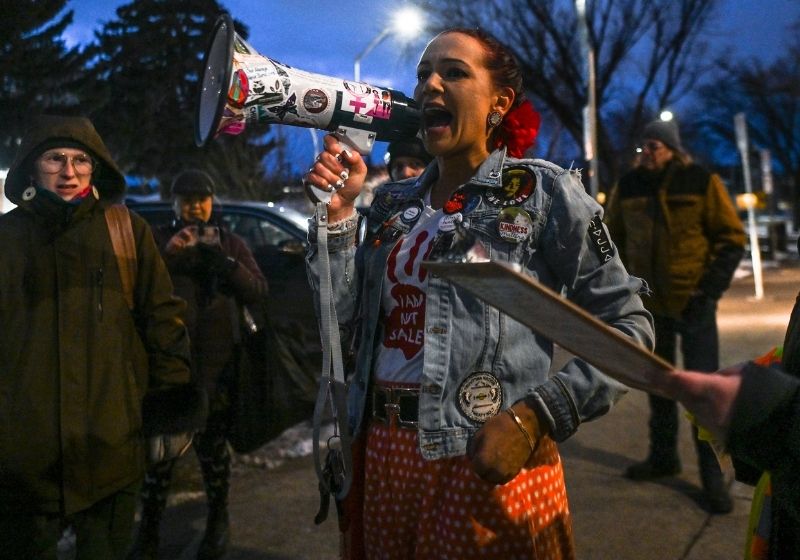
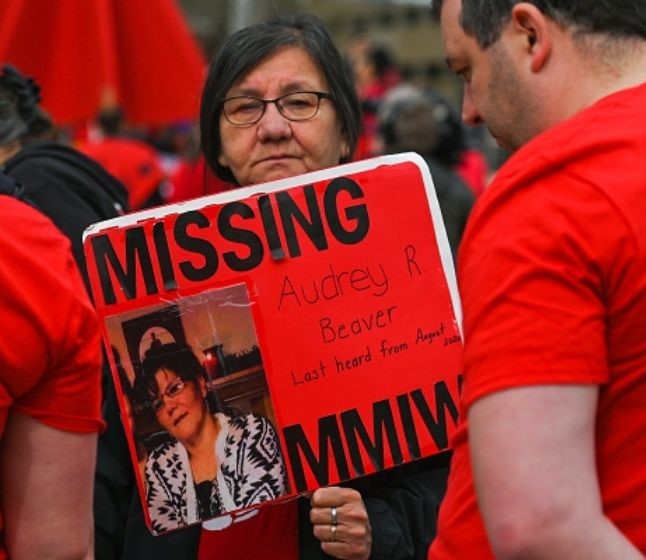
A bit of history
No More Stolen Sisters
Violence Against Indigenous Women, Girls, and 2SLGBTQQIA+ People
Indigenous women and girls in Canada—both on reserve or in urban areas, regardless of age or socio-economic status—are at least three times more likely to experience violence and at least six times more likely to be murdered than non-Indigenous women and girls in Canada. This violence is a human rights crisis, and it must stop.
1,017 Indigenous women and girls went missing between 1980-2012, according to an RCMP report. The actual number is likely much higher.
In 2015, the federal government committed to the National Inquiry into Missing and Murdered Indigenous Women and Girls, which released its final report in 2019. The National Action Plan was shared by the federal government in 2021. Amnesty International Canada’s 2023 Human Rights Agenda and the recent Shadow Report to the UN CEDAW Committee recommend the introduction of a clear-time bound Indigenous-led Implementation Strategy.
The rates of violence are so high because racist and sexist stereotypes lead perpetrators to believe they can get away with acts of violence against Indigenous women, girls, and two-spirit people.
The many legacies of colonialism increase the risk that Indigenous women and girls will experience violence—from impoverishment to the lasting psychological and social harm from residential schools to the disempowerment of Indigenous women, girls, and two-spirit people in their own communities by colonial legislation.
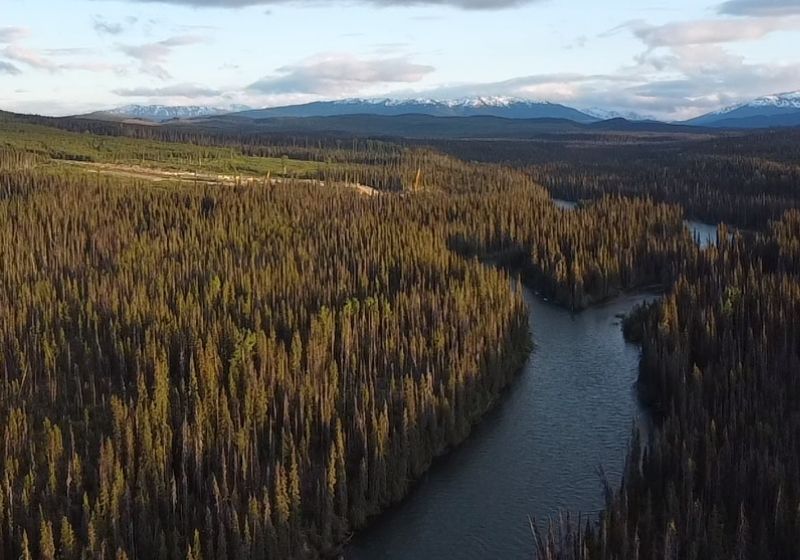
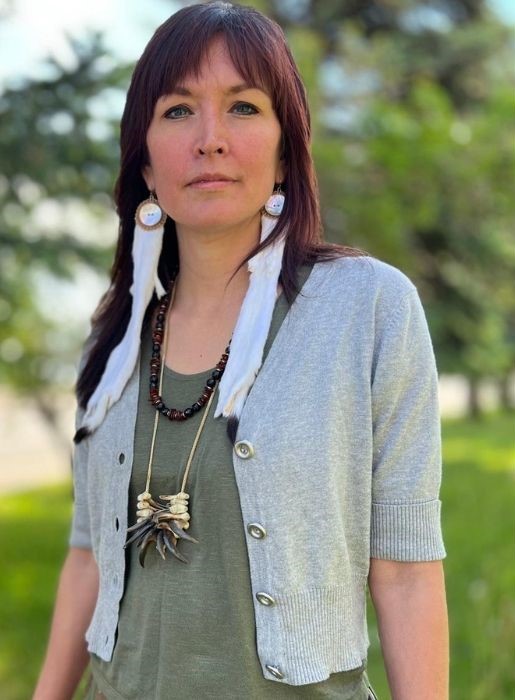
Fighting to Protect their Ancestral Land & Our Planet
“Our medicines, our berries, our food, the animals, our water, our culture, are all here since time immemorial. We are obligated to protect our ways of life for our babies.” These are the words of Sleydo’, a member of the Indigenous Wet’suwet’en Nation, who lives on land inhabited by her ancestors for thousands of years.
In 2019, Coastal GasLink Pipeline Ltd (CGL) began constructing a fossil fuel pipeline through the Wet’suwet’en Nation’s ancestral territory, without the consent of the Hereditary Chiefs and their clans. They never agreed to the pipeline and the Nation has the right to decide what development takes place on its territory.
Committed to protecting their ancestral lands and everyone’s right to a clean, healthy and sustainable environment, Sleydo’ and other land defenders began taking action to stop the pipeline construction. But their peaceful actions have been met with intimidation, harassment and criminalization.
In 2018, the British Columbia Supreme Court (BCSC) granted CGL an injunction to prevent any interference with pipeline construction. The police have enforced this injunction with four violent raids on Wet’suwet’en territory, using weapons, helicopters and dogs. More than 75 land defenders have been arrested.
In November 2021, Sleydo’ was arrested during one of these raids, with nearly 30 other defenders. Along with two other defenders, she was later found guilty of “criminal contempt” for allegedly disobeying the injunction order to stay away from pipeline construction sites, despite being on her ancestral territory.
Molly Wickham aka Sleydo’
Wet’suwet’en Nation
The land defenders have made an application to the BCSC stating that their human rights were violated by police during the raids. Their future depends on the outcome of the application. If unsuccessful, they face prison. Call on Canada to stop criminalizing Wet’suwet’en and other Indigenous land defenders.
Discussion Questions
- Bad Cree is a horror story, and many frightening things happen– both in Mackenzie’s dreams, where she is confronted by the spirit, and in her waking world, where she deals not only with the persistent crows but with the realities of settler colonialism. What events or images from either or both did you find most frightening and why?
- The word “bad” is used in different ways in Bad Cree – in what senses do Mackenzie and her family use “bad,” and what does their use of “bad” signify about their perspectives on themselves and on how they interpret their experiences?
- Discuss how Johns uses Cree syllabics in her title and chapter headings and sprinkles the novel with Cree words and phrases. How many do you recognize and remember from your reading? What is the impact and effect of incorporating Cree words and expressions?
- Discuss the depictions of the oil boom and bust in the novel. What does Mackenzie express about the effects of this boom and bust on her community?
- Intergenerational trauma in Bad Cree is subtly present – for example, Mackenzie’s kokum is described as a residential school survivor who was stolen from her family. Early on, however, Mackenzie says, “This isn’t some unresolved trauma s**t. This is something else,” referring to her dreams of her dead sister. Is she right? Is there a difference in the novel between “trauma s**t” and Mackenzie’s experiences?
- Joli tells Mackenzie, “This place wasn’t built to believe us, and white people will try to stamp out anything they don’t understand” (p. 70). Compare Mackenzie’s life in the big city of Vancouver, working on the checkout line at Whole Foods with her friend Joli, and her visit to her family. What stands out to you as different when Mackenzie comes home?
- The spirit that is haunting Mackenzie has a specific name and meaning in more than one Indigenous tradition and has also been appropriated and used by white authors and filmmakers such as Stephen King (Pet Sematary), Ann Tracy (Winter Hunger), and Antonia Bird (Ravenous). Discuss how the author ties the story and understanding of this spirit in her Cree tradition to white settler colonialism.
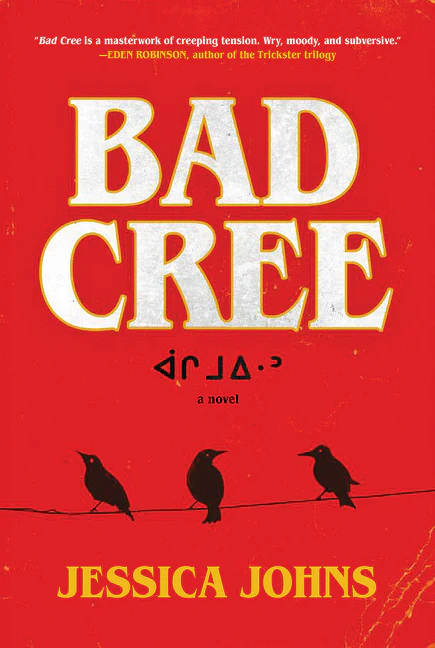
Bad Cree
By Jessica Johns
HarperCollins Canada, 2023
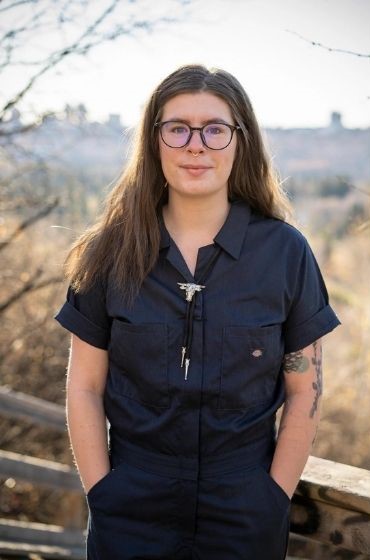
Jessica Johns
Author
Discussion Guide
Download the Amnesty Book Club Discussion Guide for Bad Cree in a low-resolution sharable PDF file.
Learn More
Listen to Jessica Johns on CBC Radio’s The Next Chapter
Read Amnesty’s 2023 report: “Removed from our land for defending it: Criminalization, Intimidation and Harassment of Wet’suwet’en Land Defenders”
Take Action
Write letters to defend the human rights of Wet’suwet’en land defenders.
Sources
HarperCollins Canada
What we’re reading now
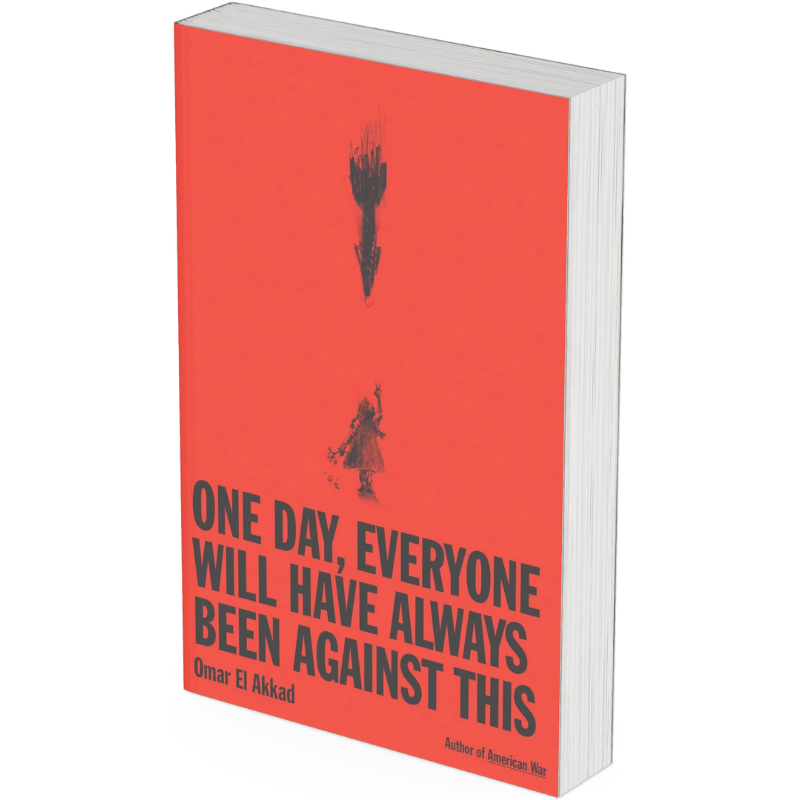
One Day, Everyone Will Have Always Been Against This
Omar El Akkad
Author Omar El Akkad joined the Amnesty Book Club on May 4, 2025. Please join the Amnesty Book Club to watch the recording.
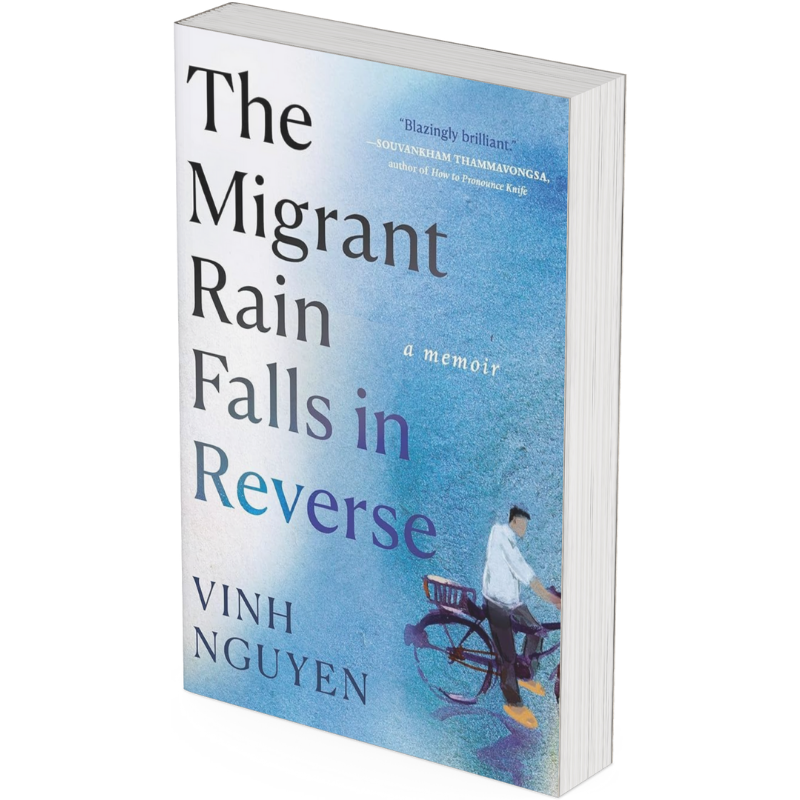
The Migrant Rain Falls in Reverse
Vinh Nguyen
Author Vinh Nguyen joined the Amnesty Book Club on June 20, 2025. Please join the Amnesty Book Club to watch the recording.
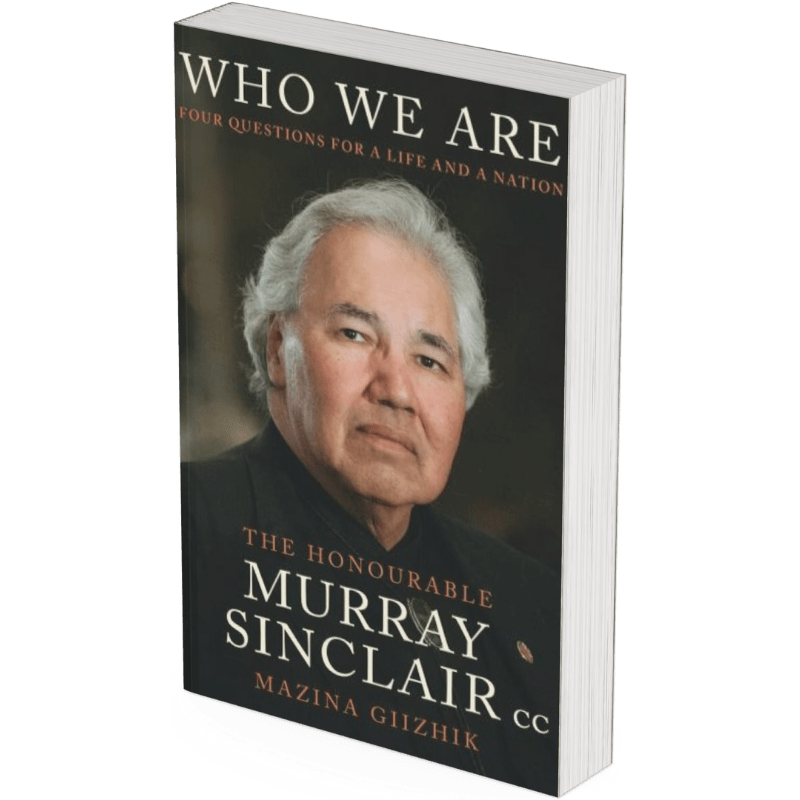
Who We Are
The Honourable Murray Sinclair
Senator Murray Sinclair’s son, Niigaan Sinclair joined the Amnesty Book Club on October 5, 2025. Please join the Amnesty Book Club to watch the recording.

The Immortal King Rao
Vauhini Vara
Discussion Guide coming soon.
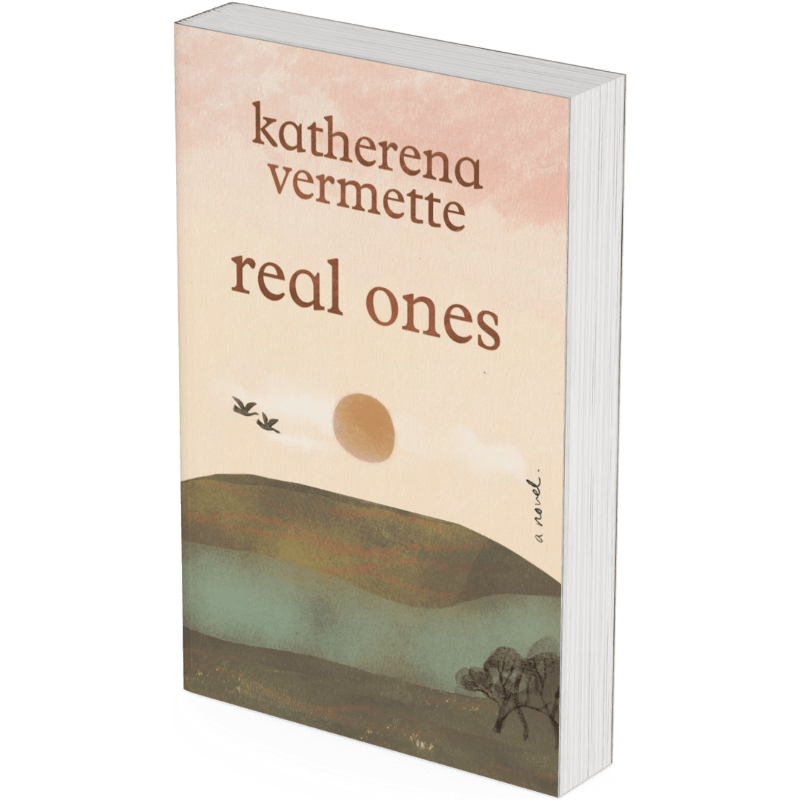
Real Ones
Katherena Vermette
Discussion Guide coming soon.
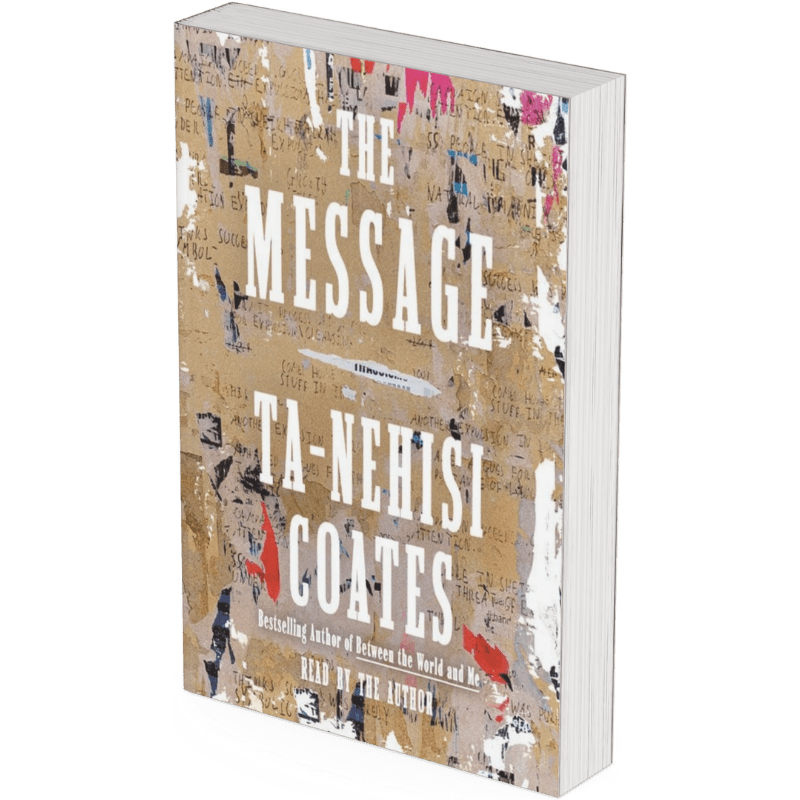
The Message
Ta-Nehisi Coates
Discussion Guide coming soon.
What members are saying
It’s wonderful that the Book Club provides an opportunity to participate in events that allow us to see inside the mind of the author and learn a little about them as well.
COLLEEN MORRISON
Amnesty International Book Club Member
Thank you, Amnesty, for continuing to be the voice for those without a voice, for educating those unaware, and for giving hope through actions.
LESLIE BULLARD
Amnesty International Book Club Member
I have donated to Amnesty for many years. Finding out that Amnesty also runs a book club just increased my admiration for the organization.
JEAN HILLABOLD
Amnesty International Book Club Member
